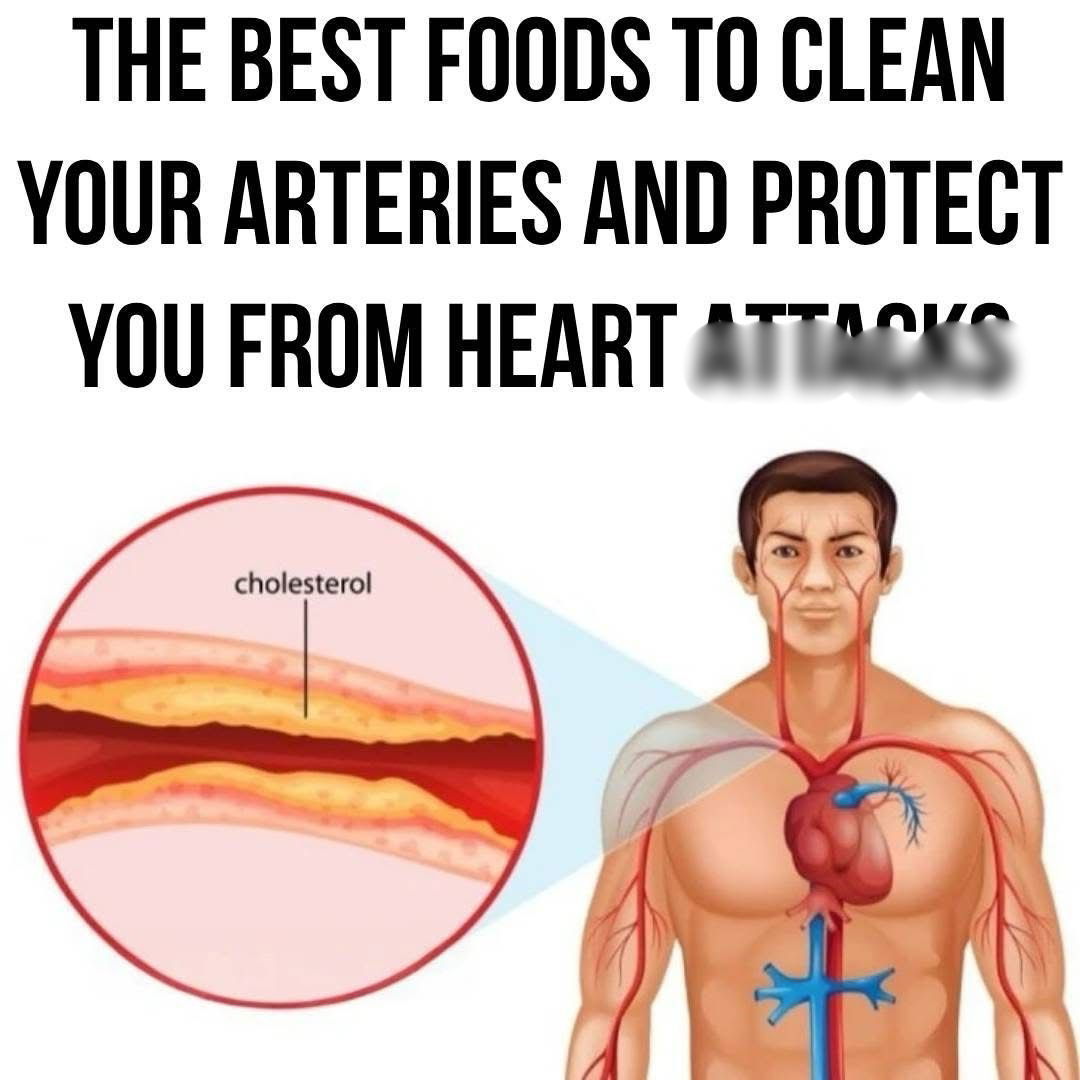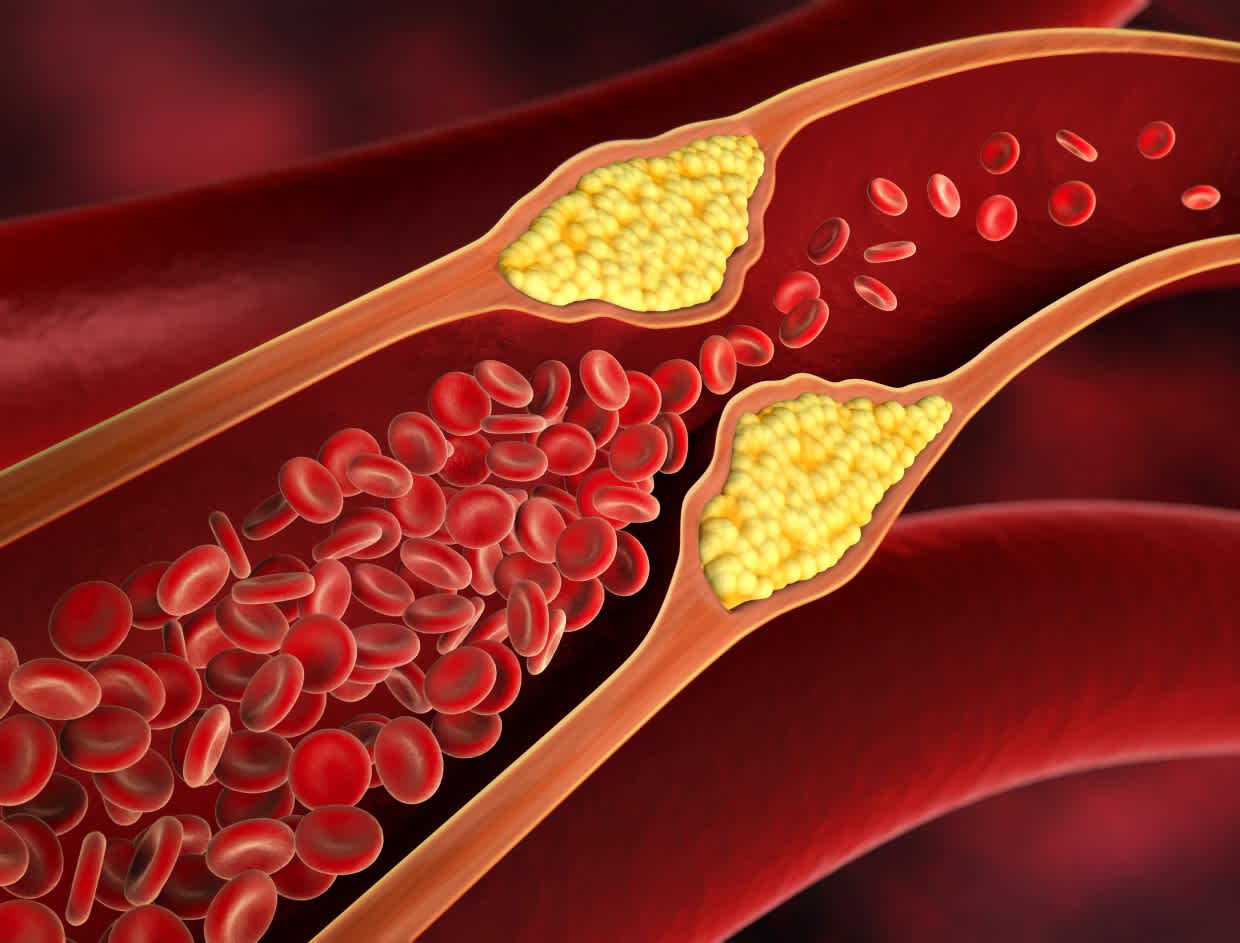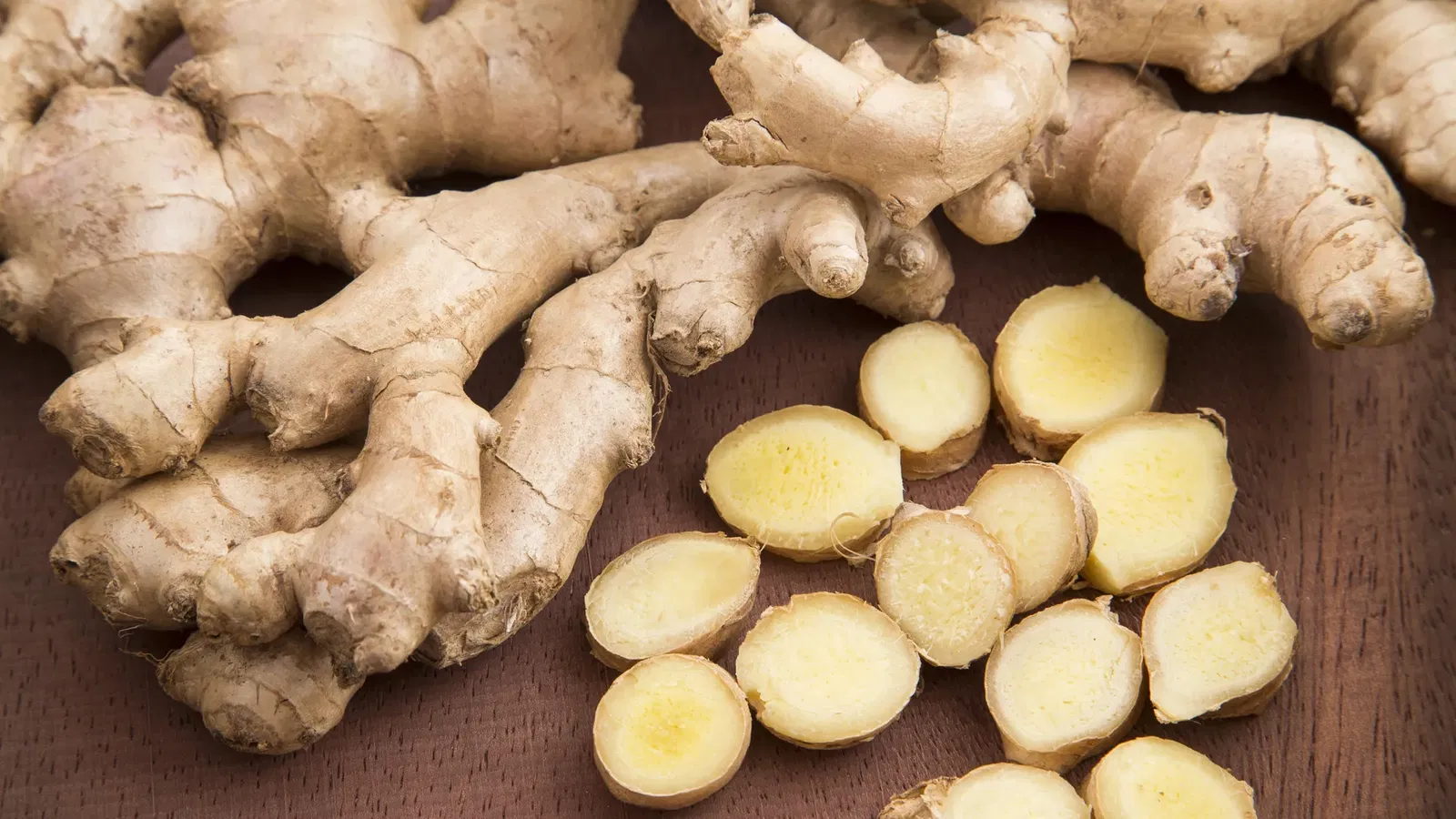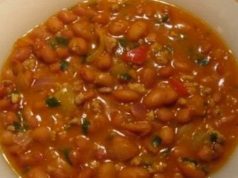
The other day my dad went to see his doctor. The doctor told my dad that he had high cholesterol. As we know, high cholesterol and high bl00d pressure are major factors toward clogged arteries.
Symptoms of Blocked Arteries
- Carotid arteries: Plaque will block or narrow the carotid arteries, and signs of a stroke may be present. Symptoms include breathing problems, sudden weakness, confusion, severe headaches, loss of consciousness, blurry vision, trouble with speech, paralysis.
- Coronary arteries: When the arteries in the heart are clogged, it is called coronary heart disease, or CHD. In this case, plaque will block or narrow the coronary arteries when the heart muscle fails to get enough blood. As a result, chest pain, known as angina will occur.

- Renal arteries: Chronic kidney disease will grow from clogged renal arteries in the kidneys. There are no symptoms early in kidney disease; however, as the condition worsens, it can lead to loss of appetite, nausea, tiredness, concentration problems, numbness or itchiness, and swelling in the feet or hands.
- Peripheral arteries: Peripheral arterial disease will be caused by plaque buildup in the arms, legs, and pelvis. These arteries are known as peripheral arteries, and if they are blocked or narrowed, you may experience pain or numbness.
10 Natural Foods to Help Prevent Clogged Arteries
1. Curcumin (in Turmeric)
Turmeric is a common spice used in Indian and Ayurvedic cooking, but its true benefit comes from one active ingredient. Turmeric extract is thought to reduce LDL cholesterol and the buildup of plaque in the arteries.
2. Garlic
Garlic is also considered one of the better foods that support your arteries. It can reduce the risk of str0ke and heart atta.ck by more than 50%. Because garlic functions as a blood thinner, it help against strokes and heart atta.cks.
3. Ginger

Ginger has incredible anti-inflammatory and anti-oxidative effects. Ginger consists of heart-protective compounds like shogaols and gingerols, which can effectively prevent plaque buildup by reducing total cholesterol.
4. Cayenne pepper
The compound capsaicin found in cayenne pepper can help reduce LDL cholesterol in the blood. It can also lower your risk of str0ke and heart atta.ck, and enhance blood circulation.
5. Lemon
Adding lemon juice to your morning water is a healthy habit and good for your heart. Lemon is reknown for reducing blood cholesterol levels, and it helps the arteries by preventing oxidative damage.
6. Cinnamon

Cinnamon can help reduce many risk factors related to atherosclerosis and heart disease.
7. Ground flaxseed
Flaxseed is another essential food for heart health. Ground flaxseed can help improve healthy arteries with high fiber. It is also a powerful source of alpha-linolenic acid, an omega-3 acid that can lower inflammation and blood pressure.
8. Fermented cabbage
Kimchi is a popular probiotic Korean recipe that includes fermented cabbage and hot peppers that has been found to slow the atherosclerotic process. It can help prevent the development of aortic atherosclerosis in high-cholesterol-fed rabbits.
9. Sesame seed

Sesame seeds can help prevent a blocked artery. The fatty acid content in sesame oil could effectively slow atherosclerosis lesion formation, blood cholesterol, triglycerides, and LDL cholesterol levels in mice.
10. Pomegranate juice
The rich antioxidant content and punicic acid in pomegranate juice help decrease plaque formation and fight atherosclerosis. It also consists of important nutrients for heart health, such as magnesium and selenium.

















